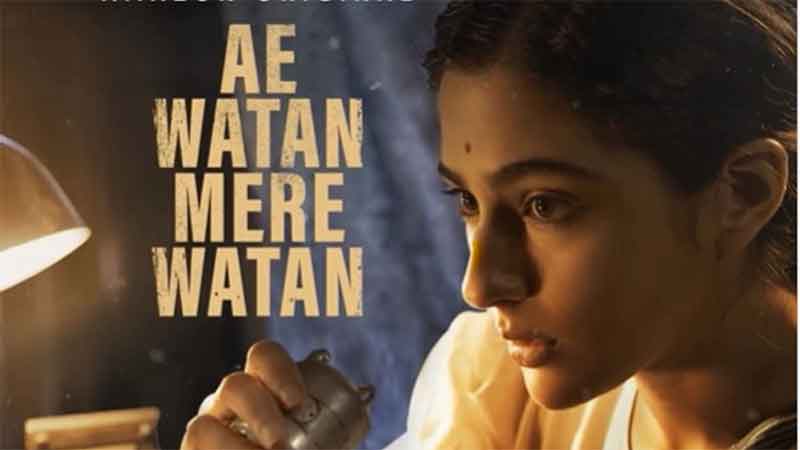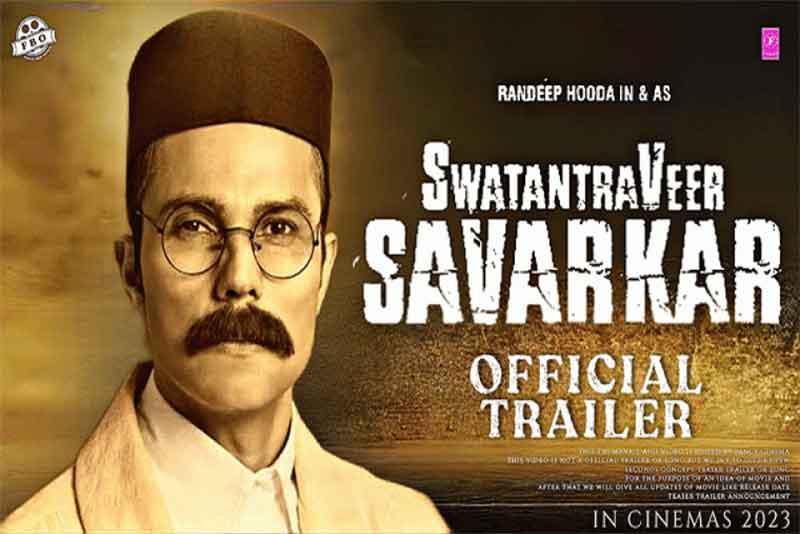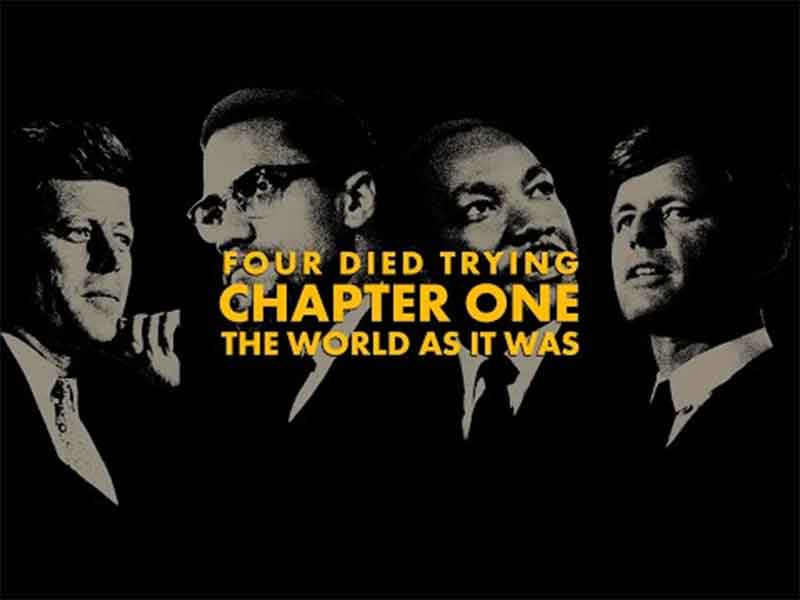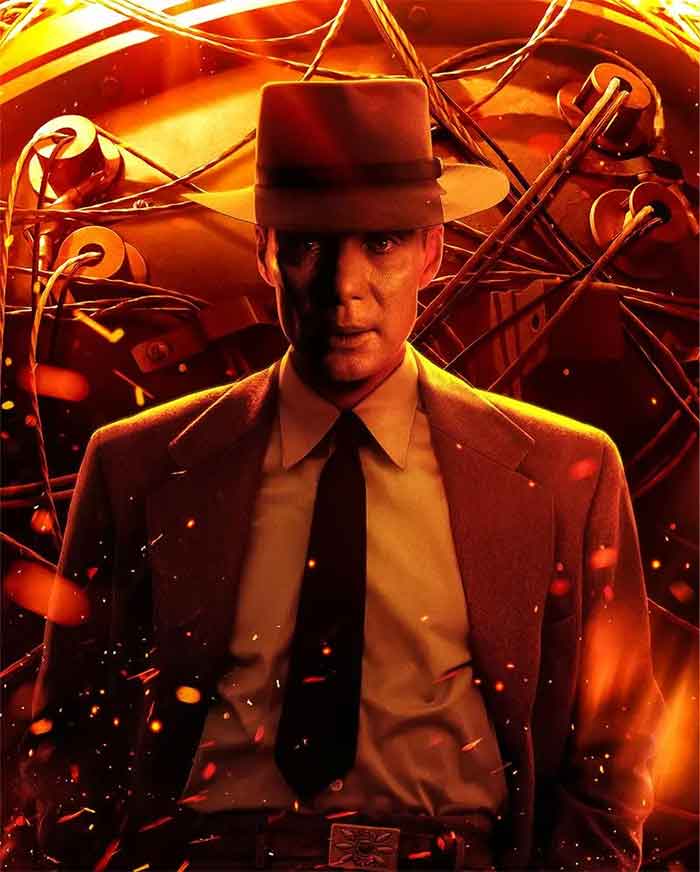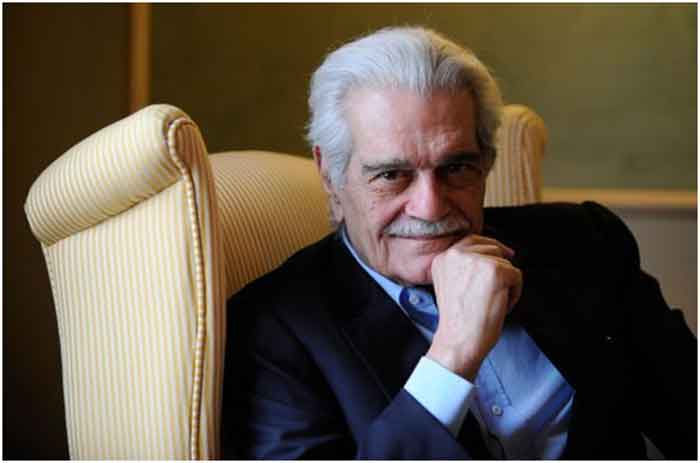
Egyptian actor Omar Sharif poses for a photograph in 2009. Photo: Reuters. He passed away on July 10, 2015
Egyptian born debonair actor Omar Sharif’s passing on July 10th marks the end of an era. After hearing the sad news, I immediately sent a text to my best friend Maryam (a diehard fan of Omar Sharif). She immediately texted me back. Her message read: “I really thank God for giving us novels like Dr. Zhivago that makes this life’s journey bearable, if not meaningful.” No one else could play Yuri the way Omar Sharif did. For a lot of us, Omar Sharif and Dr. Zhivago have become synonymous.
Based on Boris Pasternak’s novel, Omar Sharif played the role of Yuri Zhivago in the 1965 classic film directed by David Lean. The movie was shot in Spain and Finland as Communist Russia did not allow the film to be made there and had cost an estimated $11 million. The book itself was banned in Russia, and as happens so often, the CIA played a somewhat clandestine role in getting the manuscript published in the West.
The Soviet Union was undergoing major political upheaval at this time. As per historical sources, Khrushchev was ousted as First Secretary of the Communist Party in October, 1964, and replaced by Leonid Brezhnev, while Alexei Kosygin took charge as the Premier. The quasi-dictatorial Khrushchev was despised by the other Politburo and Central Committee stalwarts such as Brezhnev, Kosygin, Suslov, Kirilenko, Mikoyan and Podgorny. It was inconceivable that the so-called Collective Leadership of the Soviet Union, the above mentioned six, would allow David Lean to film Dr. Zhivago in Russia at the height of the Cold War.
With his intensely expressive eyes, natural talent for acting, in a captivating and a convincing role, Omar Sharif brought the character of Yuri Zhivago alive in a major Hollywood film. Sharif won the Golden Globe for Best Actor for the second time. The first Golden Globe was for Best Supporting Actor as Sherif Ali in the 1962 epic, the Lawrence of Arabia.
After playing major roles in the movies, it was difficult for Omar Sharif to get settled in Hollywood, as it was expected of him. He became a lonely person, and longed to go back to Egypt. Ironically he had to use skin lightening products to hide his Egyptian look. It appears that he had low self-esteem issues and tried to change how he looked on the outside. Perhaps he had felt the movie industry looked down upon his dark-skin and white skin is the epitome of beauty and confidence. It’s possible that Hollywood put too much pressure on him to deliver. The debilitating Alzheimer’s disease eventually robbed him of his memory before his death in Cairo.
The most striking feature of the movie Dr. Zhivago is the breathtaking vistas of Russian countryside as it stretches from outside of Moscow to the Urals through the blizzard ridden wasteland. Some of the winter scenes were shot from a train’s ice-crystalled windows, perhaps with a telescopic lense. This hauntingly beautiful movie won the Oscar for best music as well.
In this epic story Dr. Zhivago, Yuri; an idealistic hero is caught up in a love triangle which leaves him utterly torn between his beautiful and faithful wife Tonya and the enigmatic Larissa Fyodorovna (Lara) who was a nurse. Yuri, a doctor and a poet, met Lara while working in an army-run hospital during the 1917 Russian Revolution. The Bolsheviks sought him out to serve the people, the Proletariat; in a Soviet society, poetry and arts had to take a backseat as ‘bourgeois pursuits,’ despicable and to be banished outside the People’s Republic. Medicine, however, was a welcome skill to have since it was value-neutral, i.e., neither a Bourgeois nor a Proletariat profession.
During this tumultuous period (October 1917 onwards), poetry had started to lose its meaning for people like Yuri Zhivago. Russia by then had abandoned its traditional lifestyle that it had followed for the past 900 years, with the Tsar and the Orthodox Church as the twin pillars. In its desire for self-improvement by eliminating the trappings of a feudal society, the working class and the peasants were taught to throw overboard every major symbol of the past. Even the passions, the idea of romantic love were suspect. Lara provided a romantic awareness of perfection with her allure, beauty and vulnerability in order for Yuri Zhivago to continue on with his art. In loving Lara, Yuri found his passion for being there at the moment as their love was shaped by history.
Both Yuri and Lara are tortured by their conscience and suffer over their betrayal of Tonya, his wife and Lara for contributing. The movie doesn’t condone or support their actions, but it does show what happens in real life. It has happened before and it will happen again. Sometimes there is no ‘right’ or ‘wrong’ answer in these types of situations. The movie transcends time and space, as it is based on beauty, not deceit. Yuri instantly connected with Lara. Lara helped him find a purpose; she was an expression of life against the chaos and cataclysmic happenings during the Revolution.
The Russian society was crumbling as the feverishly ideological Bolsheviks were trying to create a socialist state. In some way, Yuri needed to retain his poetic soul. Yuri’s philosophy stood as a stark contrast as the story starts to unfold, making us question whether the end justifies the means. Yuri refuses to subvert his art, and without Lara as an inspiration, he is unable to escape into poetry.
When I had read Dr. Zhivago years ago, I found the twenty-five poems there gave a better insight to Yuri’s consciousness. As an intellectual, Yuri struggled to preserve his distinctiveness in the midst of all the changes. As a doctor, he gave service to his country which shows his virtue; poetry and Lara allowed him to live.
The love affair begins as Lara becomes an emblem of life. We see how Yuri becomes a prisoner of her love. But fate had it that they were separated time and again, only to be reunited as their forbidden love becomes stronger than ever. It’s as if everything around them – the sky, the trees, even the snow preferred this union, and colluded to make it happen.
There is wholesomeness, integrity and inner beauty in Lara that extinguishes her image as the ‘other woman.’ Throughout the movie, Yuri and Lara are communicating their feelings and vulnerability with the viewers. As a result, it is hard not to get involved with the characters and feel empathy for Lara. Their expression and communication become our own. As a child, Yuri was adopted and Tonya comes from a noble family. We tell ourselves her love for Yuri is motherly, and that relationship lacks passionate elements. Naturally we want Yuri and Lara to be together and not apart.
In cinema, as an art form, people want human experiences to be portrayed as we slowly bond with the characters. We often get swayed by the heroes and heroines because they represent the grander qualities that are embedded within us as opposed to the darker rudiments of human nature.
Art isn’t necessarily a moral vehicle. This is a love story and marriage hasn’t always been about love. The tumults and the chaos of revolution make that clear to Yuri and Lara, and to us.
This article was originally published on July 20, 2015in New Age, an English language newspaper in Dhaka, Bangladesh
Zeenat Khan writes from Maryland, USA
SIGN UP FOR COUNTERCURRENTS DAILY NEWSLETTER

